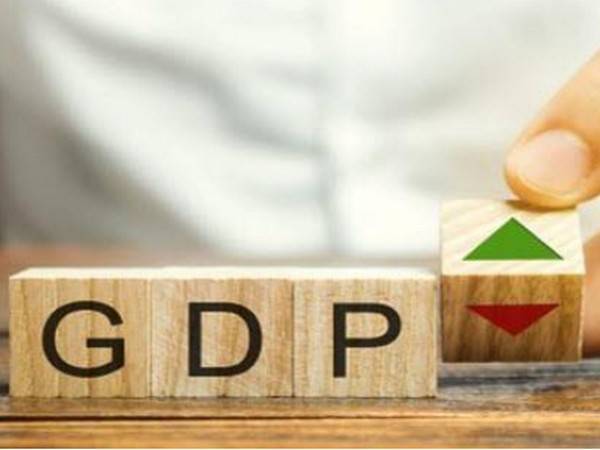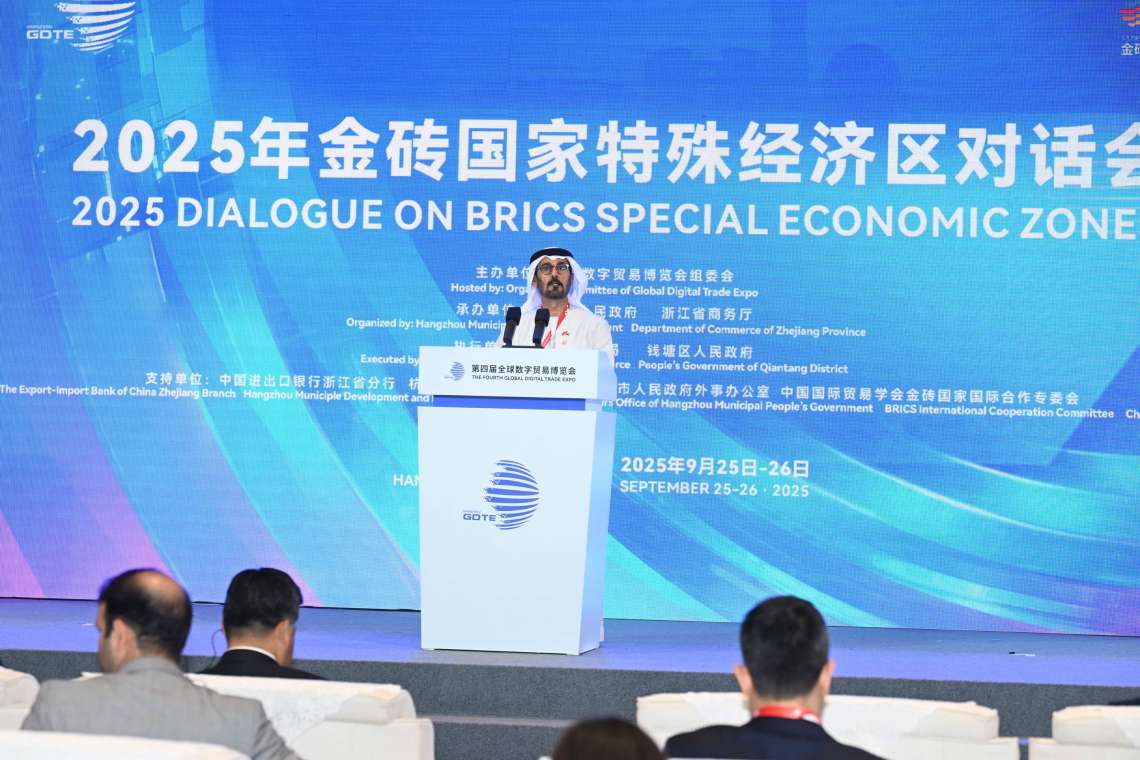The UAE’s non-oil sector contribution to the GDP amounted to 72.3 percent in 2021, up from 71.3 percent in 2020, data by the Federal Competitiveness and Statistics Centre, revealed…reports Asian Lite News
The hotels & restaurants, wholesale & retail and health & social services sectors contributed 21.3 percent, 14.1 percent and 13.8 percent respectively, during the reference period.
It’s noteworthy that the UAE’s GDP at constant prices achieved a growth of 3.8 percent in 2021, exceeding the forecasts of relevant international institutions, which expected the growth of the country’s GDP for the same year to reach 2.1 percent.
Earlier, Statistics Centre-Abu Dhabi (SCAD) had announced rapid growth in most of Abu Dhabi’s oil and non-oil activities at constant prices in 2021, underscoring the effectiveness of economic policies, the robustness of Abu Dhabi’s local economy and the recovery from the Covid-19 crisis.
ALSO READ:BEDU officially announce its UAE launch
The results announced by SCAD at constant prices indicate that Abu Dhabi’s GDP at constant prices grew 1.9% in 2021 compared with 2020. Meanwhile, the non-oil GDP at constant prices grew by 4.1%. During the this year, several non-oil economic activities showed positive growth rates at constant prices, most notably the agriculture, forestry, and fishing activity, which expanded by 23.1% while the manufacturing activity expanded by 21.7%, health and social service activities by 19.7%, arts, entertainment and recreation by 17.3%, wholesale and retail trade by 15.3%, accommodation and food service activities by 14.7%, transportation and storage by 7%, and electricity, gas, water supply and waste management activities by 6.9%.
Earlier, Dr. Thani bin Ahmed Al Zeyoudi, Minister of State for Foreign Trade, affirmed the key role of Expo 2020 Dubai in accelerating the recovery from the COVID-19 pandemic and achieving growth in all economic sectors.
Al Zeyoudi explained the fact that Expo 2020 Dubai created an unprecedented opportunity for government institutions, private sector companies and academia to raise future agendas and benefit from the momentum it created, to establish sustainable partnerships.














